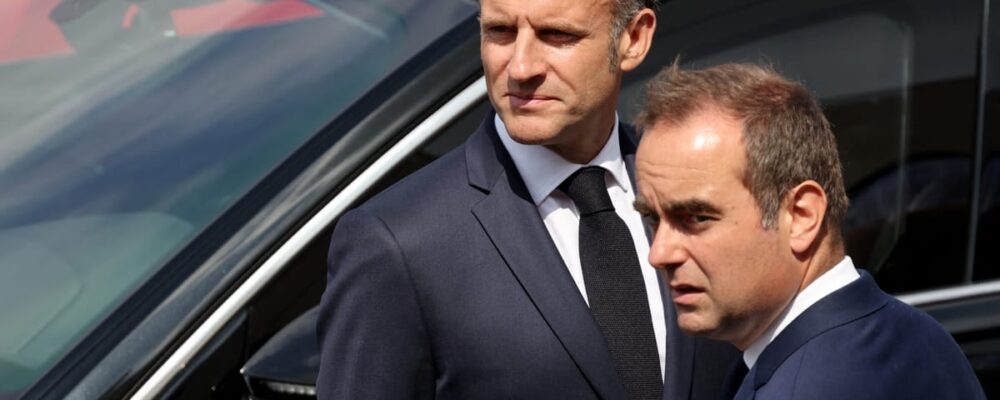French President Macron has accepted Prime Minister Lecornu’s resignation and given him the task of handling emergency negotiations. This decision follows a day of tension where Macron made no public comments but was seen contemplating by the Seine River.
Political Isolation and Criticism
Opposition parties have harshly criticized the president’s move, calling it ineffective and trivial. Green lawmaker Sandrine Rousseau dismissed the actions as a dramatic delay tactic, while conservative senator Agnès Evren highlighted a breakdown of trust with the government.
This situation marks a significant low point for Macron, who appears isolated and facing serious challenges. The French economy and the broader EU economy are both under threat without necessary budget cuts that the current administration seems unable to implement.
Government’s Last-ditch Efforts
Macron’s urgency to salvage Lecornu’s government stems from a lack of viable alternatives. If Lecornu fails to secure a deal by Wednesday, Macron may “face up to his responsibilities,” suggesting he could call for snap elections, according to his close advisers.
Political pressure is mounting, and with potential failure looming, the situation underscores the gravity of France’s current economic and political climate.
Potential Outcomes and Implications
Without successful negotiations or budget cuts, France could face severe repercussions in international markets, posing a threat to its economy. The government’s inability to act may prompt voters to demand changes.
As the situation unfolds, the political landscape in France remains precarious, with the possibility of significant shifts in governance ahead.



